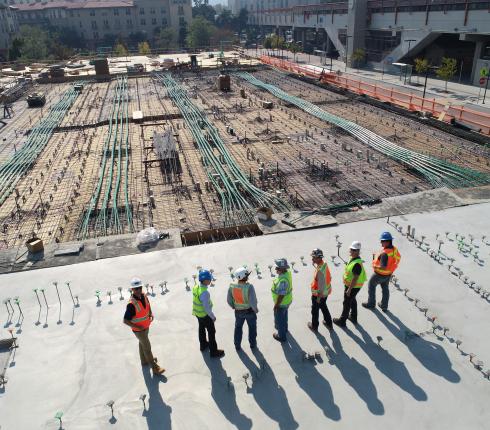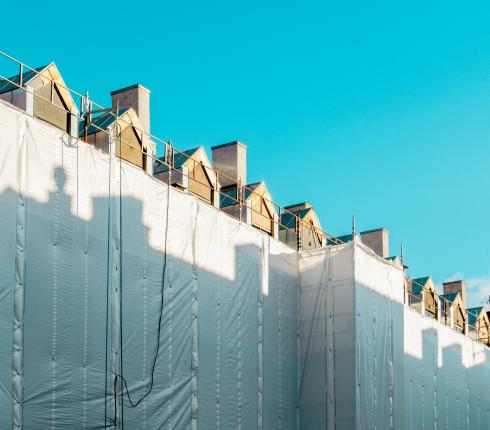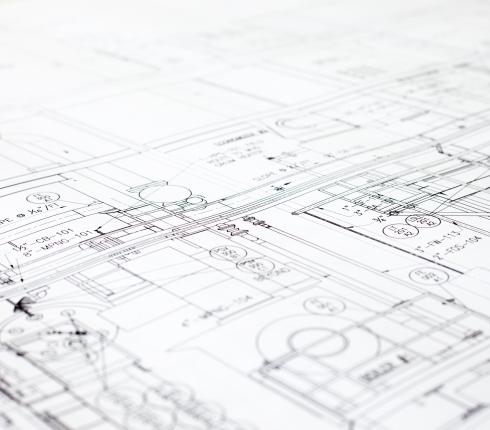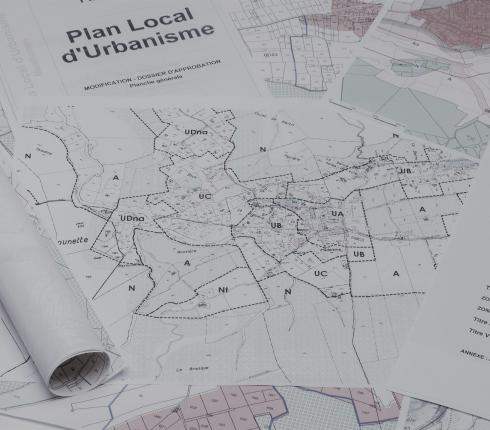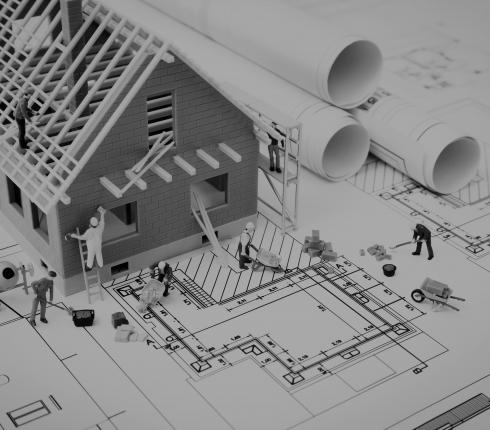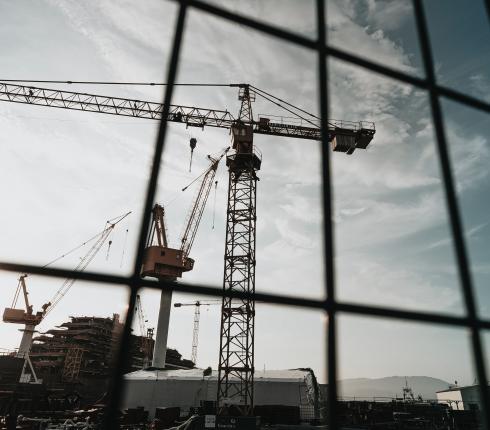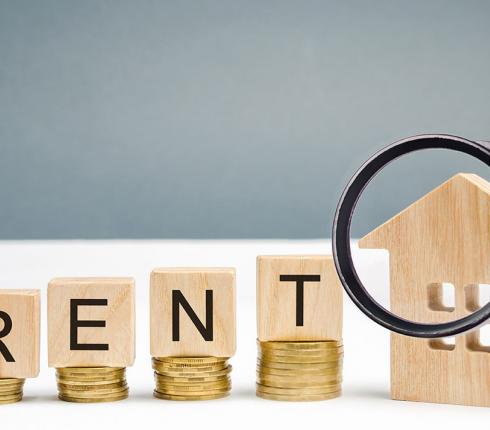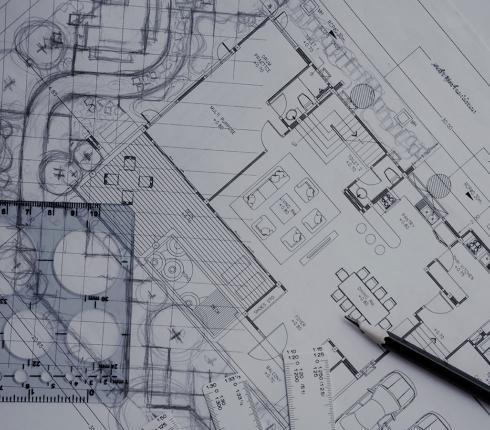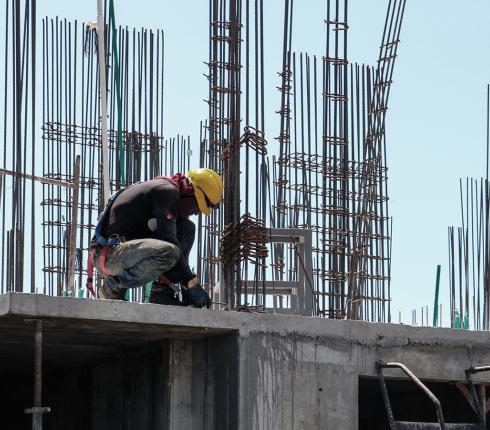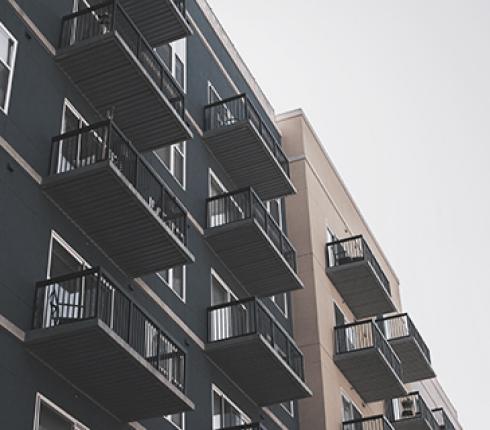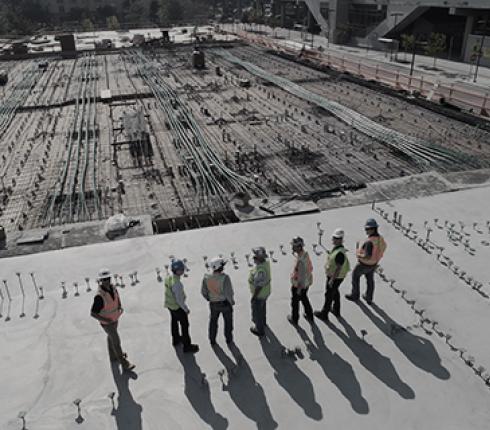Contractors – The future of structural renovation of buildings
The Energy Efficiency Directive (EED) from the European Commission, which is an integral part of the European Green Deal, has set a new agenda for the construction industry. How? It highlights a significant shift from new builds to building renovations.
Strengthened focus on Renovation Projects
The central requirement of the directive mandates that 3% of the floor area of heated and/or cooled buildings owned by public authorities must be renovated annually to achieve (near) zero-emission building status. Previously, this requirement was limited to buildings at the central government level. Now, it includes buildings from all public levels, ranging from local to national.
The directive therefore suggests an increased focus on renovation projects. Private buildings that are rented out to public institutions are now also within the scope of the directive. This creates a new potential for building renovations, offering contractors opportunities to collaborate with both private property owners and public institutions.
The European Commission has also outlined the possibility of significant EU funding for building renovation. For contractors, this means a safer investment in renovation projects with strong financial backing. Another key aspect of the directive is the principle of "energy efficiency first." This means that energy efficiency solutions must be considered in all major decisions related to buildings, from planning to investment.
A tight timeline could be good news for contractors
With the directive coming into force just 20 days after its publication, on September 20, 2023, and with a deadline for national implementation by October 11, 2025, the public sector faces a tight timeline, while contractors are presented with a host of new opportunities in renovation work.
Contractors who can anticipate this shift in the industry and position themselves as leaders in energy-efficient renovation will be well-placed during this transition. It’s no longer just about building new; it's about transforming existing structures into something sustainable and future-proof.
We will keep you updated
NJORD Law Firm, with its expertise in international and EU regulation, continues to monitor and analyze these changes to advise and guide stakeholders through these complex challenges.







